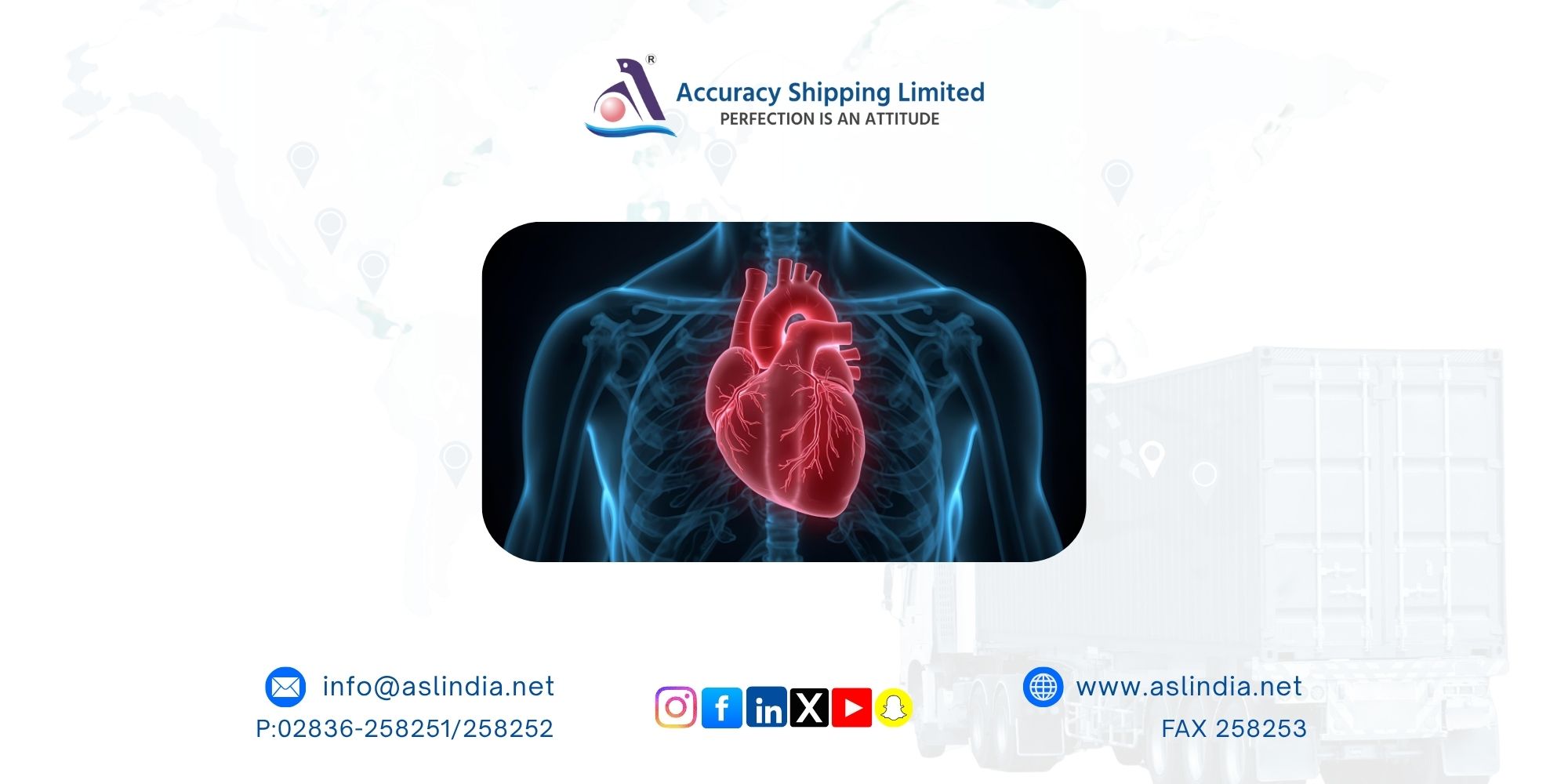Chandigarh: Early identification, healthy lifestyle is key to reducing stroke risk, say PGI doctors

Stroke continues to be one of the most serious medical emergencies worldwide, and experts at the Post Graduate Institute of Medical Education and Research (PGIMER), Chandigarh, are once again highlighting the need for timely identification and preventive care. The institute recently concluded its two-week stroke awareness programme, focusing on early detection, healthy lifestyle habits, and proper management to reduce stroke-related deaths.
What Is a Stroke?
According to the neurology department at PGIMER, a stroke occurs when the brain does not receive enough blood supply due to blocked arteries or internal bleeding. This sudden interruption deprives brain cells of oxygen, leading to rapid cell damage. The World Stroke Organisation lists stroke as the second leading cause of death under non-communicable diseases, making awareness and prevention extremely critical.
Rising Stroke Cases and the Importance of Early Identification
The neurology department noted a significant rise in stroke cases at the hospital over the years. Emphasising the importance of early recognition, Dr. Dheeraj stated that timely diagnosis can lead to complete treatment in many cases. He explained the common warning signs, including sudden numbness or weakness in the face, arm, or leg typically on one side of the body. Other symptoms include confusion, difficulty speaking or understanding speech, vision problems in one or both eyes, dizziness, trouble walking, loss of coordination, and in severe cases, loss of consciousness.
Pioneering Stroke Care at PGIMER
Dr. Sucharita highlighted that PGIMER has been at the forefront of stroke care since establishing its dedicated stroke care system in 2002. In 2003, the institute made significant progress by successfully dissolving a patient’s blood clot to restore blood flow to the brain an achievement that marked a breakthrough in stroke treatment in the region.
Helpline for Stroke Patients
PGIMER’s neurology department also maintains a dedicated stroke helpline: 7087009500. This service plays a vital role in supporting patients with treatment guidance, follow-up scheduling, medication-related questions, and the management of symptoms. Over the years, it has proven to be an essential lifeline for patients and their families.
Lifestyle Factors That Increase Stroke Risk
Dr. Dheeraj further explained that stroke and heart attacks share several common risk factors. These include hypertension, diabetes mellitus, dyslipidemia, obesity, physical inactivity, and tobacco use. Additionally, structural heart conditions such as atrial fibrillation and rheumatic valve disease can increase susceptibility to stroke.
Healthy Habits Are Key to Prevention
The doctors strongly emphasised that adopting a healthy lifestyle is one of the most powerful steps individuals can take to reduce their risk. Regular physical activity, a balanced diet, quitting tobacco, managing blood pressure, monitoring blood sugar, and maintaining a healthy weight can significantly lower the chances of a stroke.
Conclusion
PGIMER’s long-standing commitment to stroke awareness and its advanced stroke care system underscore the importance of timely recognition and preventive strategies. As Chandigarh continues to see rising stroke cases, early identification combined with healthy living remains the strongest defence. The message from PGI doctors is clear: Know the symptoms, act fast, and take charge of your health to reduce the risk of stroke.







